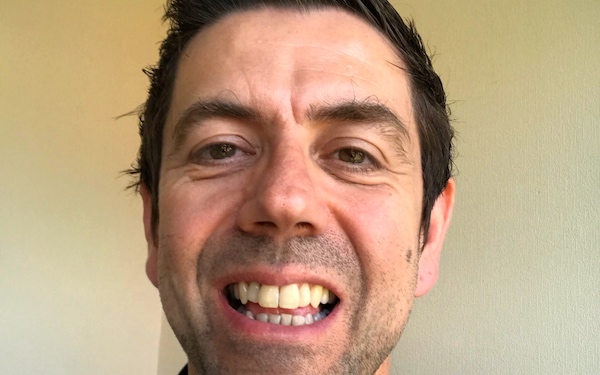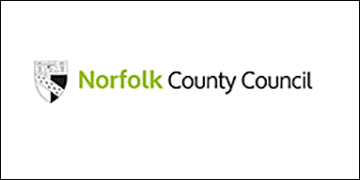Across the nation, social work front door teams are under pressure. Swamped by increased demand, the life of the front door social worker has become a treadmill where the goal is to manage the volume of referrals rather than change lives.
But this October, Norfolk County Council will change that for good. Its been working with renowned safeguarding expert Professor David Thorpe to reinvent the county’s social work front door.
Phil Watson, Norfolk’s assistant director of children’s social work, says the overhaul will reconnect front door social workers with relationship-based practice so they can ensure children and families can get “the right service, first time”.
And it all starts by getting rid of written referrals and replacing that with conversations and calls with our partner agencies.
Relationships-based practice
“The problem with written referrals is that you can’t really interrogate them,” says Phil. “All you can do is interpret what somebody else had written. Written referrals are a missed opportunity to really get underneath what it is someone is worried about.”
Instead of written referrals, Norfolk’s new Children’s Advice and Duty Service will provide schools, nurseries and other partner agencies a direct line to a team of experienced consultant social workers. “We’re going back to relationship-based practice and having dialogue rather than exchanging bits of paper,” says Phil.
“This is more than just a change in process. Professor Thorpe has created a very specific methodology for how we will have these coaching conversations with professionals, which are an evolution of appreciative inquiry. The methodology’s already been tested in practice successfully and all the social workers who join the new service will be trained in how to use it.”
Right service, first time
Another important change is that Norfolk won’t be shutting the front door on children whose needs arise outside office hours. During the week the service will be open 8am to 10pm and at weekends there will be an on-call service. The extended hours will enable consultant social workers to do joint visits to families with the police, adds Watson.
Norfolk expects three big benefits from the changes.
First, children and families will be more likely to get the right service, first time, whether that is family support, early help or social worker intervention.
“At the moment with written referrals, it often turns out that the assessment wasn’t necessary at all,” says Phil. “We want to reduce the unnecessary effort and interventions we make with families because those avoidable assessments can hamper engagement with families.”
Doing that will deliver the second big benefit, he adds: “With fewer unnecessary assessments, social workers can then focus on those children who are at the greatest risk. That means those children and families will get a better service and be better protected.”
Getting back to social work
The third big benefit is that the coaching conversations approach at the heart of the new Children’s Advice and Duty Service should give other children’s professionals a better experience and make them more confident about “holding the risk” when appropriate. It will also mean that when they raise concerns they are heard and there is a “never do nothing approach”.
Norfolk’s reinvention of the front door is a bold move, but the experienced social workers who join the new service will be making a huge difference.
By using their skills and knowledge, and getting back to social work, countless children and families are going to get the life-changing help they really need and with fewer delays than ever before.
An opportunity not to be missed
In short, the consultant social work team Norfolk is recruiting to will be at the heart of a wider multi-agency front door, working alongside early help, police, health and education colleagues to keep children safe.
“For social workers it’s going to be a great service to be part of,” says Watson. “A relationship-based front door rather than the knee-jerk mechanistic front door that has arisen in recent years.
“This approach really allows social workers to use their professional curiosity and skills to the max in order to deliver really big change to both individual children and families and the entire system in Norfolk. It’s an opportunity not to be missed.”




 Facebook
Facebook X
X LinkedIn
LinkedIn Instagram
Instagram